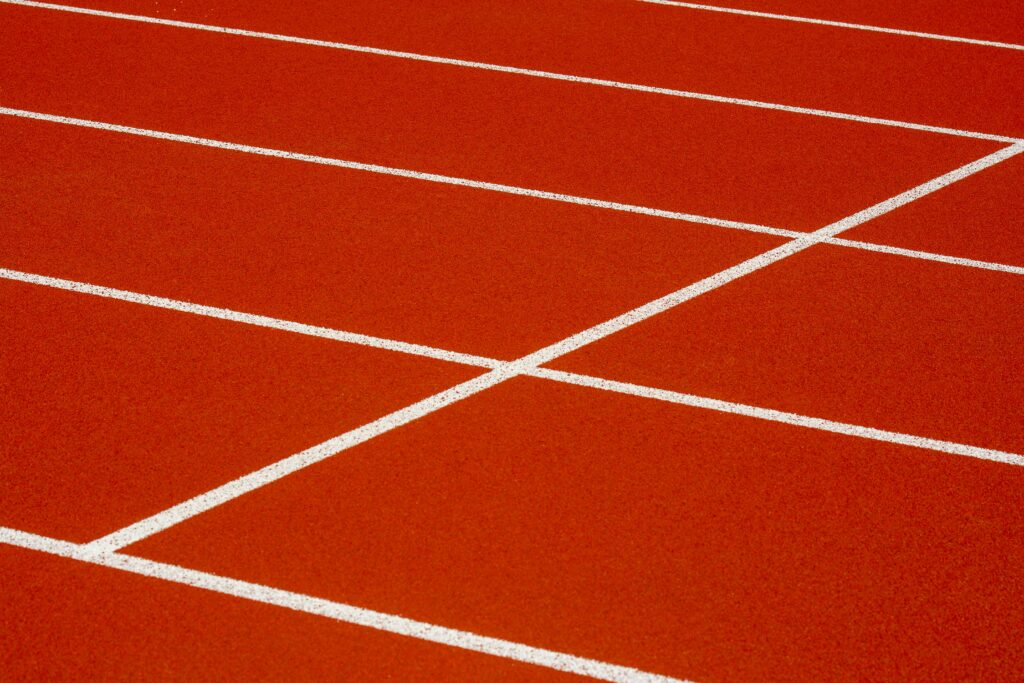
Robotic field marking technology is revolutionizing sports facilities in Cornwall. This innovation promises increased efficiency, precision and cost savings. Discover how local fields are being transformed by cutting-edge technology.
The adoption of robotic field marking systems is a game-changer for sports facilities in Cornwall. This advancement brings new levels of accuracy and efficiency, directly impacting both amateur and professional sports events. With the ongoing developments, Cornwall is setting a benchmark in the realm of sports management.
How does robotic field marking work?
Robotic field marking utilizes advanced GPS and AI technologies to automate the process of lining sports fields. The line marking machine autonomously navigates the field, ensuring perfect lines every time. This technology eliminates human error and reduces the time required to prepare fields for various sports, enhancing overall facility management.
Beyond accuracy, robotic systems also bring significant cost savings. Traditional methods of field marking often require multiple personnel and hours of labour. With automation, a single operator can oversee multiple machines simultaneously, streamlining operations and reducing labour costs substantially.
Benefits for local sports organizations
For local sports organizations, the introduction of robotic field marking is particularly beneficial. These groups often operate on tight budgets and rely heavily on volunteers. By adopting this technology, they can allocate resources more effectively while ensuring high-quality field preparation for games and events.
Furthermore, enhanced precision leads to improved gameplay conditions. Athletes benefit from accurately marked fields, which contribute to fairer competitions and reduced risk of injuries.
Environmental impact
Robotic field marking systems also offer environmental benefits. These machines use eco-friendly paints that are created to minimize their impact on the environment. The reduction in waste paint and materials not only contributes to sustainability but also aligns with broader environmental goals within the community.
Moreover, these systems often operate on electric power, further reducing their carbon footprint compared to traditional gas-powered equipment. This shift in practices is an important step for Cornwall’s commitment to environmental responsibility.
The future of sports facility management
The implementation of robotic field marking is just the beginning. As technology continues to advance, we can expect even more innovative solutions in sports facility management. This progress will likely include integration with smart infrastructure and real-time monitoring systems.
For Cornwall, embracing these advancements positions the region as a leader in sports innovation. It not only enhances the experience for athletes and spectators but also strengthens the community’s reputation as a hub for cutting-edge sports technology.












